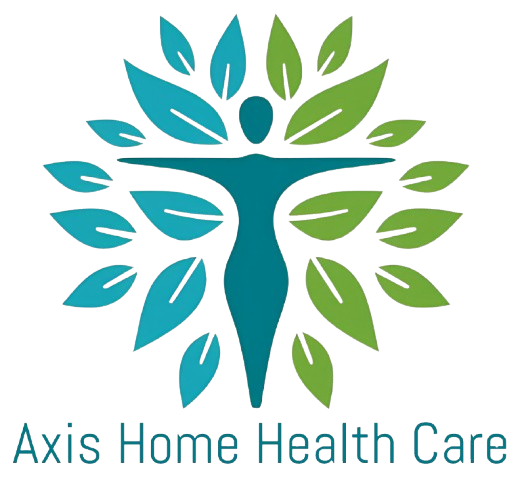Aging brings a unique set of challenges and joys. As a gerontological nurse, I’ve had the privilege of walking alongside countless older adults and their families on this journey. Here are some key insights I’d like to share:
1. Prioritize Physical Health:
- Regular checkups: Encourage routine doctor visits, screenings, and vaccinations.
- Promote healthy habits: Emphasize the importance of a balanced diet, regular exercise, and adequate sleep.
- Safety measures: Address potential hazards like falls, medication errors, and fire risks.
2. Nurture Mental Well-being:
- Social connection: Combat loneliness and isolation through social activities, community engagement, and family visits.
- Cognitive stimulation: Encourage activities like reading, puzzles, and learning new skills to keep the mind active.
- Emotional support: Be a compassionate listener and offer emotional support during challenging times.
3. Respect Autonomy and Dignity:
- Empowerment: Encourage independence and decision-making whenever possible.
- Privacy and respect: Value their personal space and choices.
- Cultural sensitivity: Acknowledge and respect their cultural and spiritual beliefs.
4. Caregiver Self-Care:
- Recognize burnout: Caring for an elderly loved one can be demanding. Take breaks, seek support, and prioritize your own well-being.
- Respite care: Consider respite care options to provide relief and prevent caregiver burnout.
- Support groups: Connect with other caregivers for shared experiences and emotional support.
5. Advance Care Planning:
- Open communication: Discuss end-of-life wishes and preferences early on.
- Legal documents: Encourage the creation of legal documents like a living will and power of attorney.
- Pain management: Ensure comfort and dignity during the end-of-life journey.
Remember, every older adult is unique. The best approach is to understand their individual needs and preferences, provide compassionate support, and celebrate their resilience and wisdom.

